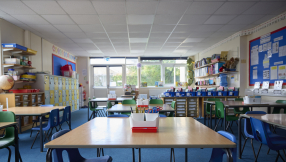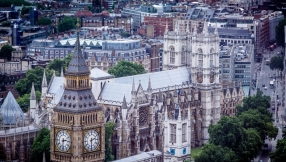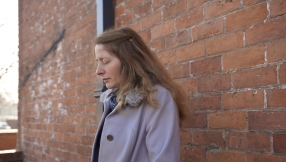'No time to lose' after Burma deal for storm aid
The junta, criticised by the West for failing to accept a full-blown aid operation following the devastation of Cyclone Nargis three weeks ago, went ahead on Saturday with a referendum in the Irrawaddy Delta and Yangon on its new constitution.
The rice-growing Delta and the former capital were hit by the vicious storm in which nearly 134,000 people were left dead or missing. Disease, hunger, lack of shelter and medical treatment threaten up to 2.5 million people, according to United Nations humanitarian aid officials.
The plebiscite on the army-drafted constitution took place in the rest of the country on May 10 with a 92.4 percent approval after voters were repeatedly told by authorities to vote "Yes".
Voting started on Saturday in Yangon, the country's biggest city, but officials said many residents had voted in advance, including opposition leader and Nobel Peace Prize laureate Aung San Suu Kyi, who has been under house arrest for five years.
In what was considered a breakthrough to ramp up aid to the delta, Senior General Than Shwe gave an assurance to visiting U.N. Secretary-General Ban Ki-moon on Friday that Burma would allow in aid experts "of all nationalities" after weeks of restrictions.
"We have no more time to lose, so it's imperative that the Burma authorities immediately provide the international community with the practical details of the agreement," said Louis Michel, European commissioner for development and humanitarian aid.
HUTS CLEARED
In one part of the delta between Bogalay and Pyapon, aid workers said conditions for villagers appeared dire as police ordered them to dismantle the small thatched huts many have built near the main road since surviving the cyclone.
"We are afraid of staying in our former villages - even the dogs are scared when the wind blows," one woman said.
She said people had also moved closer to the road because it was easier to receive handouts from passing vehicles carrying food and clean water.
State-run media reported that U.N. officials and diplomats from the Association of Southeast Asian Nations and other donor countries toured the delta on Friday with government officials.
It was seen as essential preparation before a joint U.N.-ASEAN pledging conference in Yangon on Sunday. Burma has said it needs more than $11 billion in pledges.
About 60 countries, U.N. agencies and other bodies will be represented, said Stephanie Bunker, spokeswoman for the U.N. Office for the Coordination of Humanitarian Affairs.
The reclusive junta has accepted relief flights into Yangon from many countries, including the United States, its fiercest critic, but rejected offers of U.S., French and British Navy ships delivering supplies.
Supplies and medical teams from several Asian countries have also been allowed in, but many westerners working with humanitarian groups were denied visas or restricted to Yangon.
At Friday's meeting between Ban and Than Shwe, U.N. officials said the military vessels were "a very sensitive idea for them - any suggestion they should dock", but generals told them Burma was open to receiving supplies and equipment from civil ships and small boats.
Ban, after his mission to Than Shwe in his isolated new capital of Naypyidaw, 250 miles (390 km) north of Yangon said he hoped that the deal on aid experts "can produce results quickly". He was in China on Saturday to show support for victims of last week's earthquake that killed 55,000 people and will return to Myanmar on Sunday for the donor conference.













